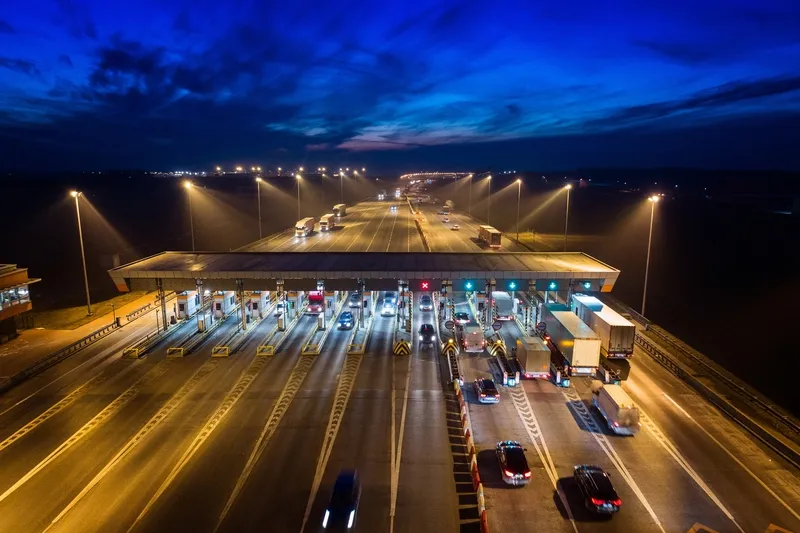The firm’s Autonomous Vehicle Global Study provides a comprehensive analysis of the timeline, volumes and impacts of the upcoming automation revolution. It quantifies country-by-country the roll-out of ADAS and autonomous vehicles (AVs) and estimates their impact on driver safety.
By 2030, Ptolemus forecasts that there will be more cars on the road globally with ADAS than without: 370 million vehicles will have some automated features. This will lead to a record amount of avoided collisions. In the US alone, 767,000 crashes will be prevented every year by the end of the next decade, according to the study.
In the US, England, Germany and France ADAS packages, including frontal and lateral collision avoidance systems, already have the potential to reduce claims costs by up to 42 per cent. This could increase to more than 50 per cent when pedestrian protection and cross traffic systems are added.
Ptolemus says that despite this potential reduction in claims costs made possible by ADAS today, only two major insurance groups offer attractive rates for vehicles equipped with these systems,
Over 700,000 crashes avoided every year in the US thanks to ADAS, predicts new report
A new study by Ptolemus Consulting Group predicts that advanced driver assistance systems (ADAS) will have a considerable impact on safety and the potential to reduce accidents. The firm’s Autonomous Vehicle Global Study provides a comprehensive analysis of the timeline, volumes and impacts of the upcoming automation revolution. It quantifies country-by-country the roll-out of ADAS and autonomous vehicles (AVs) and estimates their impact on driver safety. By 2030, Ptolemus forecasts that there will be more
May 19, 2017
Read time: 2 mins
A new study by 8147 Ptolemus Consulting Group predicts that advanced driver assistance systems (ADAS) will have a considerable impact on safety and the potential to reduce accidents.









